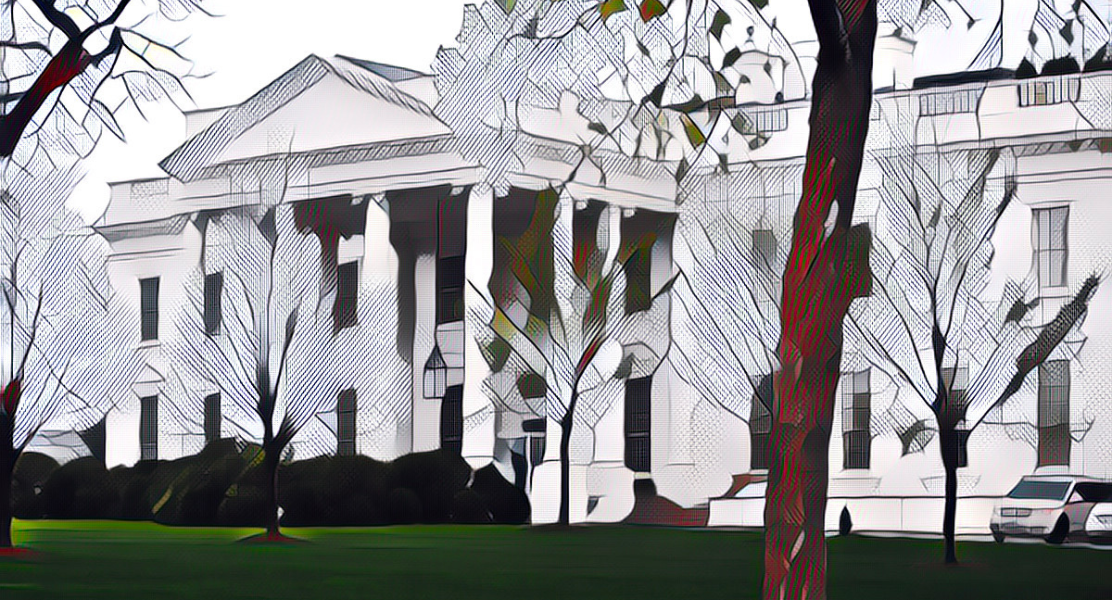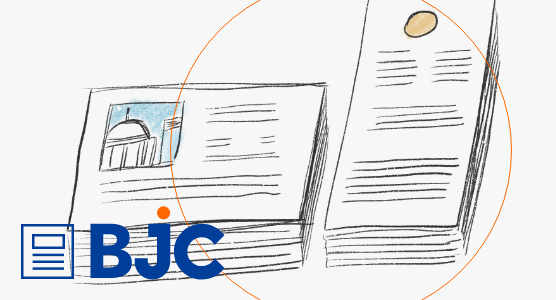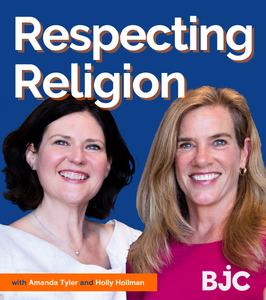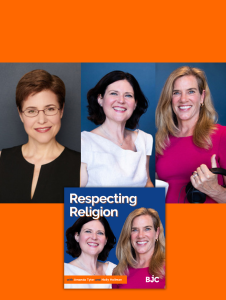MEDIA CENTER
Thought Leadership
FEATURED
BJC’s Amanda Tyler writes, “Those of us who are Christians profess this hope in the midst of profound grief, but I am asking myself in this fraught time: Are we practicing it?”
By Amanda Tyler, Aaron Dorfman, and Jennifer Walker Thomas for Religion News Service
Read
Listen
With decisions from the Supreme Court, a new travel ban, and a federally militarized presence in Los Angeles, there are many activities in our world that deserve attention. Amanda and Holly discuss several current events in this episode, including the revival of one of the ugliest policies of the first Trump administration. Plus, they review the unanimous decision in a Supreme Court case about religious exemptions to employment law and discuss the Court’s decision not to hear a case involving the protection of sacred land.
A case with a thin record is raising plenty of questions at the Supreme Court. In this episode, Amanda and Holly examine the case of Mahmoud v. Taylor, which involves parents who want to opt their children out of public school curriculum they say conflicts with their religious beliefs. But, what’s the difference between expected exposure and unconstitutional coercion? Does age matter? What happens when opt-out options become too burdensome and overwhelming to accommodate? Amanda and Holly examine the issues in this case as well as the challenges for the school district and for the parents. They also share what the oral arguments revealed about the justices’ interest in the books and discussions outside of the courtroom.
The most consequential church-state case of this Supreme Court term involves whether the government could – or even must – fund religious charter schools. Amanda and Holly examine key moments in the oral arguments from Oklahoma Statewide Charter School Board, et al. v. Drummond, playing clips from the courtroom and looking at how the justices may apply recent precedent to shape future law. As BJC noted in the brief we filed, if the government funds religious charter schools, it will drag our government deeper into questions it is unfit to answer on matters of doctrine and church composition. That’s not government neutrality toward religion – that’s religious preference repackaged as educational choice.
Melissa Rogers joins the podcast for a conversation about how each of us can take steps to promote religious freedom and the common good in the United States today. After leading the White House Office of Faith-based and Neighborhood Partnerships in the Obama and Biden administrations, she shares her inside perspective on government, where we are right now, and how people can truly make an impact. Our religious freedom protects everyone’s right to bring their faith to the public square, and you won’t want to miss this conversation about opportunities we have as Americans to engage government at all levels and express ourselves in the face of injustice.
On this special bonus episode of the Respecting Religion podcast, we are featuring a conversation that could not wait until our normal release date. In this still-developing story, Kilmar Armando Abrego Garcia was mistakenly removed by the U.S. government from Maryland to El Salvador. His case and series of injustices are not just things that move all of us as people of faith, but there are also profound ramifications of this situation on due process, the rule of law and freedom for everyone living in our country.










